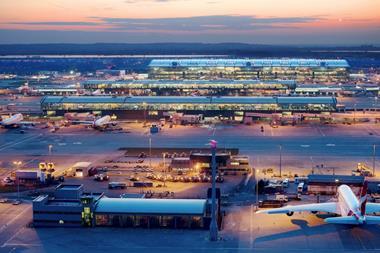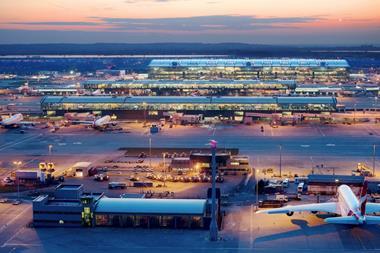Airlines operating out of Europe’s busiest freight hub, Frankfurt, have warned that proposals for new noise restrictions could damage the airport's competitiveness.
On Wednesday, the Hessian Ministry of Economy and Transport presented the plans for noise ceilings at the airport.
The Board of Airline Representatives in Germany (BARIG) described the proposals as incomprehensible.
“The plans regarding noise ceilings are jeopardising the role of Frankfurt and Germany as important aviation locations,” the airline group said.
“The consequence of further restrictions would be that airlines have to evaluate more critically than before whether Frankfurt remains to be part of their network in the future.
“In comparison with other European countries Germany already has to cope with expensive and disadvantageous framework conditions. Noise ceilings would further increase the pressure.
“The clear menace is that airlines might avoid Frankfurt in their plans for the future. Passenger flow and flow of goods would both change drastically – with obvious negative effects on jobs, companies and not least the profitability of the airport itself.
“Airports in neighbouring European countries would naturally benefit from such a development.”
BARIG added that airlines had already made moves to reduce the noise generated by flights through the use of modern and more quiet aircraft and the voluntary implementation of noise breaks.
It added that it was open to negotiations on an agreement on noise ceilings but said that any regulations not reached through discussion would be “legally problematic”.
“Further noise control measures must be developed and implemented jointly by politics and aviation industry, in the same way it has been conducted successfully on several past occasions,” BARIG said.
The proposals include a limit on the number of takeoffs and landings if noise limits are not achieved for two years in a row.
Airport operator Fraport argued that it had already made investments and made plans for a third terminal and that this had been approved by Germany's highest court and already included noise protection measures.










